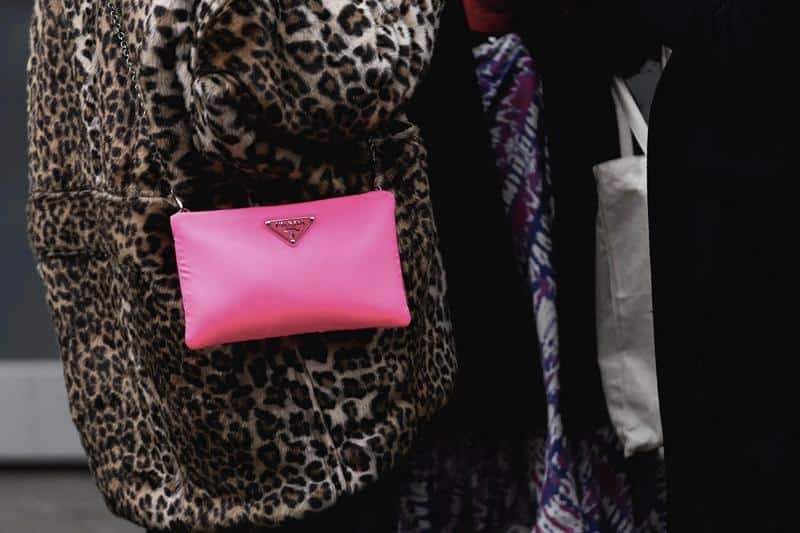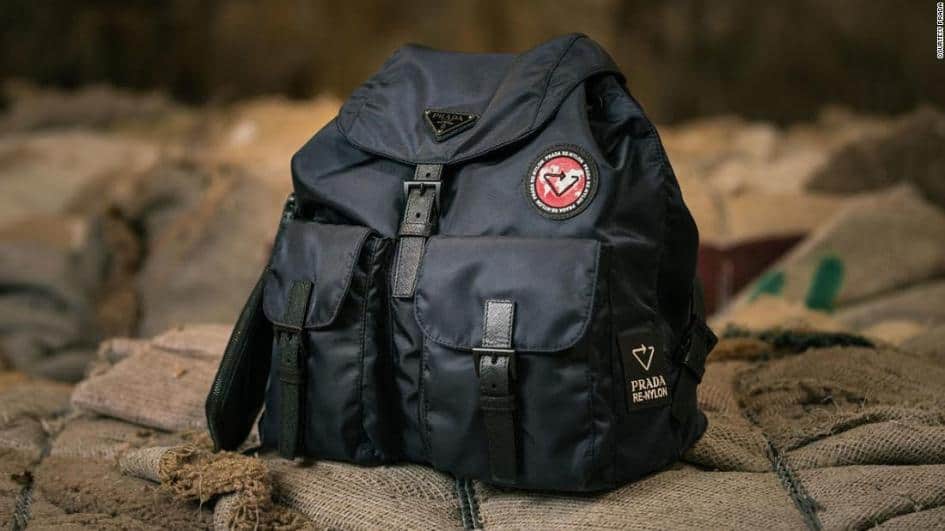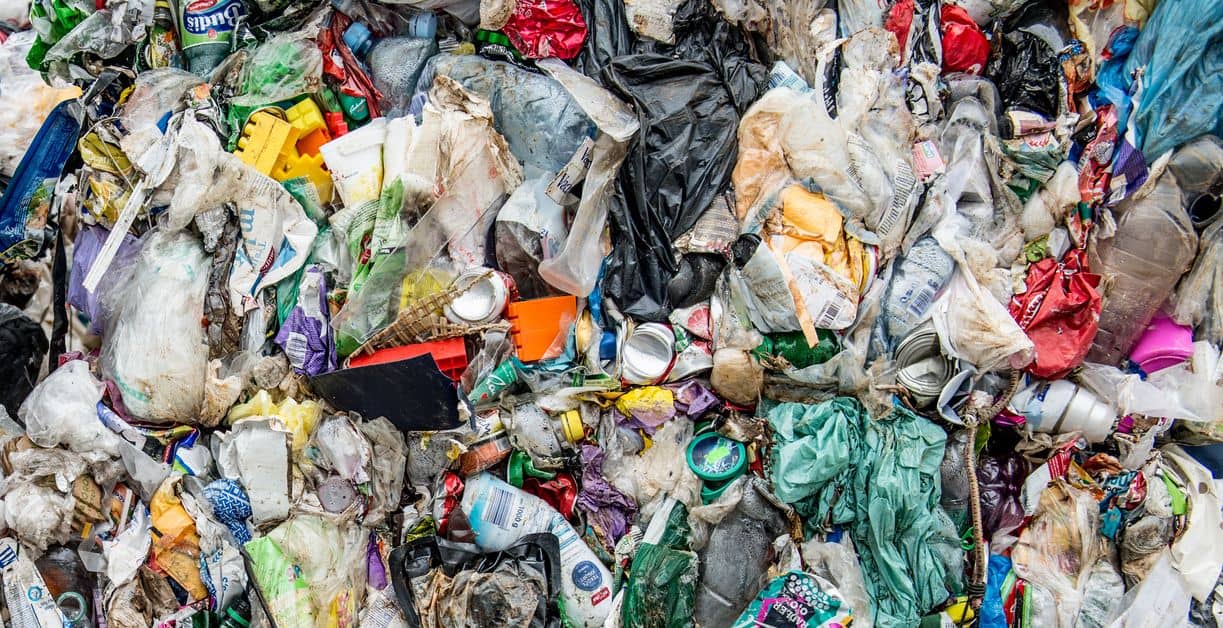Prada bags of waste and rubbish

Yes, Prada bags are waste and rubbish. After the non-use of natural fur in fashion turned into a movement supporting the environment, it was adopted by the most famous international fashion houses, such as: Stella McCartney, Ralph Lauren, Michael Kors, Calvin Klein, Giorgio Armani, Hugo Boss, and finally Prada. It seems that this trend is expanding with the interest of international fashion houses in protecting the environment and reducing waste.

The latest remarkable step in this field was the announcement by the Italian luxury design group Prada that it wanted to launch a range of bags made from waste collected from the bottom of the oceans.
Environmentally friendly nylon
After announcing last month that it would no longer use natural fur in its designs, the Italian luxury house Prada is taking a new step in the field of environmental protection. It has stated that it is preparing to launch a group of bags made of a material known as Econyl, a type of nylon made from the remains of plastic waste collected from the bottom of the oceans or old tissues and carpets.

The manufacture of this type of nylon is an ideal way to recycle the plastic waste that pollutes the oceans, but also a very effective way to create parts that are easy to recycle again, especially since Econyl yarn is recyclable indefinitely without losing any of its quality. Prada has confirmed that they will replace all the nylon used in the manufacture of accessories and fashion with the eco-friendly Econyl fabric.
10 tons of plastic are made every second

Studies confirm that the situation of the world’s oceans has become critical as a result of the waste that is dumped in them, especially that every second we witness the manufacture of 10 tons of plastic, only 9 percent of which is recyclable, and the remaining percentage ends up at the bottom of the oceans.
The accumulation of plastic waste in the Pacific Ocean led to the formation of an island between Hawaii and California that became known as the “Seventh Continent” as it consisted of 80 tons of plastic waste and today extends over an area three times the size of France. It constitutes an environmental disaster that destroys the livestock and plants in this region.
This new island of waste is one of several similar islands scattered around the world, which necessitates taking measures to recycle waste, whether in the fashion industry or other industries that can benefit from plastic residues to prevent their accumulation in the ocean






